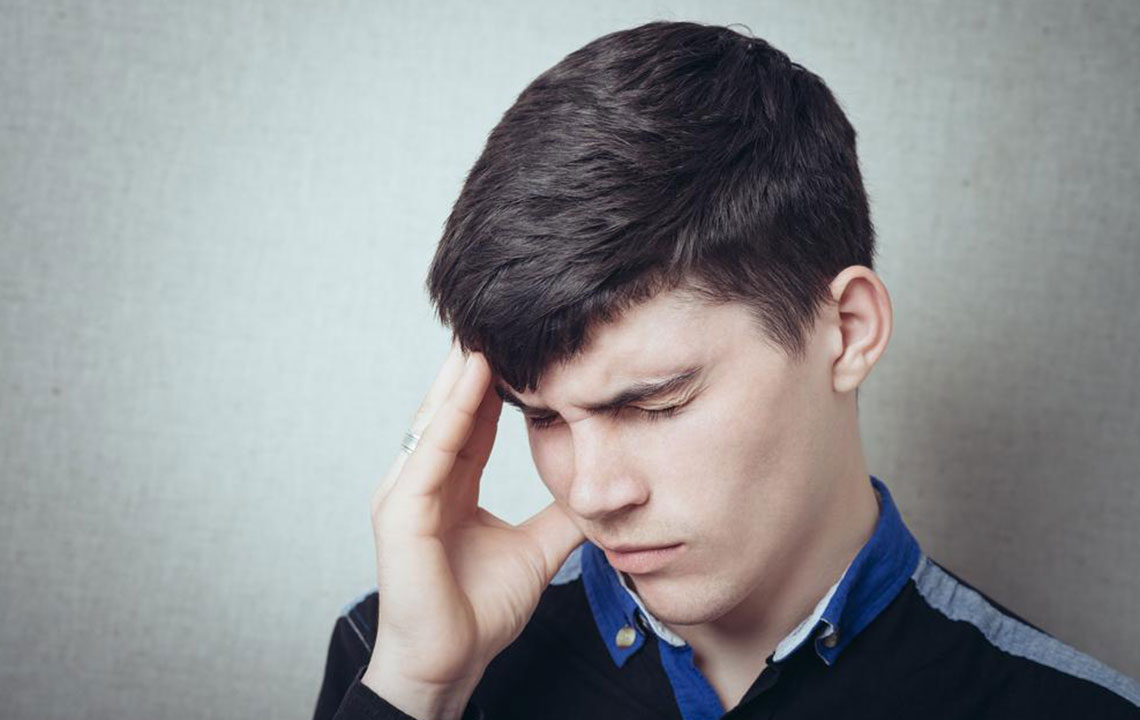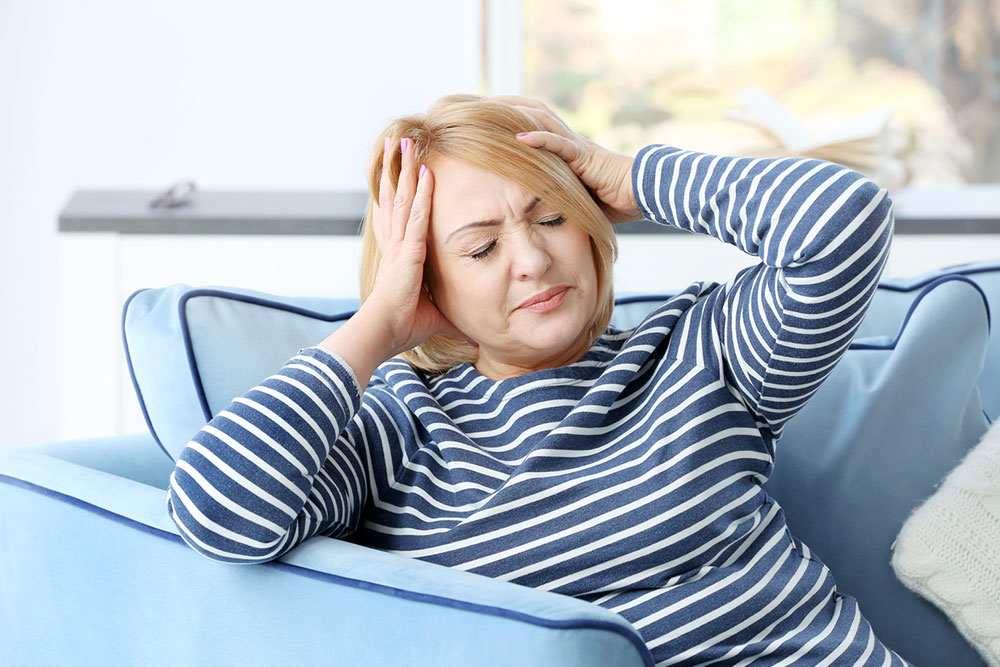Top 11 Common Triggers of Migraine Attacks
This article explores the top 11 triggers of migraines, including stress, sleep issues, dietary factors, and environmental sensitivities. Understanding these triggers helps individuals manage and prevent migraine episodes effectively. Learn how lifestyle modifications and awareness can mitigate migraine attacks and improve quality of life.
Sponsored

While the exact causes of migraines remain somewhat unclear, various factors can trigger episodes. Bright lights, loud noises, certain scents, and specific foods are known to provoke migraines in many individuals. It’s important to recognize that what affects one person differently may not impact another, and a trigger that caused a migraine once might not do so consistently. Being aware of potential triggers allows better management and prevention of migraine episodes.
Migraine Triggers to Watch For
Stress and Anxiety – Stress is strongly linked to migraines. Tension and mental strain can activate headache episodes, often subsiding once stress is reduced. Some may experience migraines after stressful periods or during weekend relaxation, highlighting the connection between mental health and migraines.
Food Additives – Additives like MSG and artificial sweeteners such as aspartame can trigger migraines in certain individuals, though not everyone is affected. Awareness of these substances can help in managing symptoms.
Hormonal Fluctuations – Women often experience migraines linked to hormonal changes during menstruation, puberty, or menopause, explaining their higher prevalence during reproductive years.
Sleep Disruptions – Both lack of sleep and excessive sleeping can increase migraine risk. Poor sleep quality or inconsistent sleep patterns are common triggers, highlighting the importance of regular, quality rest.
Alcohol Consumption – Alcohol, especially red wine, can dilate blood vessels and dehydrate the body, leading to headaches. Its impact varies among individuals, with some experiencing migraines even from small amounts.
Strong Odors – Intense smells, whether pleasant or unpleasant, can trigger migraines, a condition known as osmophobia. The odor's intensity is what matters most.
Bright and Flickering Lights – Bright, flickering, or fluorescent lighting can induce migraines due to neural sensitivities, explaining why office environments often exacerbate symptoms.
Loud Noises – Excessive noise can cause severe discomfort or migraines for sensitive individuals. Using noise-canceling headphones or choosing quieter settings can help.
Dehydration – Insufficient fluid intake can lead to dehydration, a common migraine trigger. Drinking water regularly can prevent headaches and other symptoms like dizziness or confusion.
Medication Overuse – Overusing migraine medications, known as MOH, can paradoxically trigger more attacks. Proper dosing and medical guidance are crucial.
Extended Screen Time – Prolonged use of computers or screens can cause migraines. Taking regular breaks, maintaining good posture, and wearing anti-glare glasses can reduce risk.






